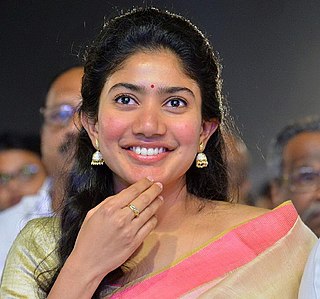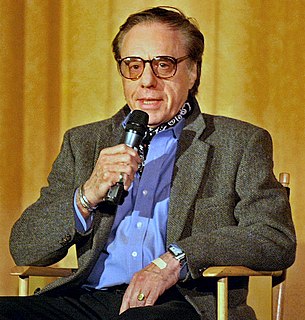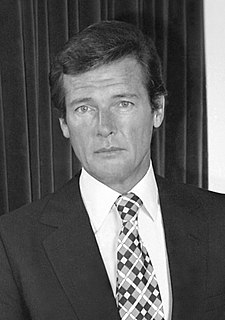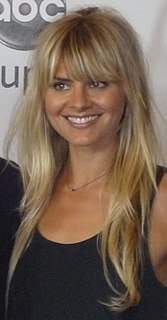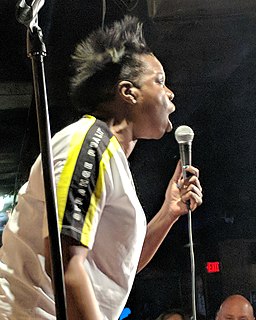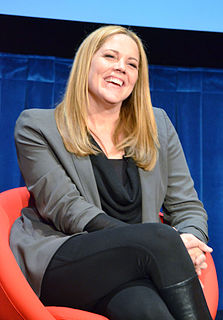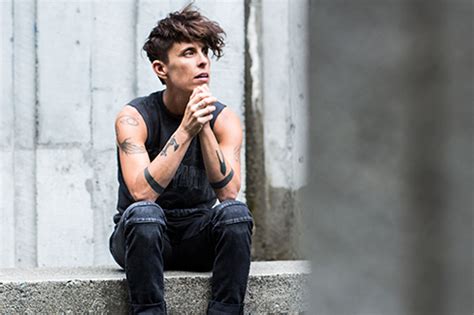A Quote by Sai Pallavi
Now I know that however big a film, you have every right over how you want to be seen on screen.
Related Quotes
I think one of the reasons younger people don't like older films, films made say before the '60s, is that they've never seen them on a big screen, ever. If you don't see a film on a big screen, you haven't really seen it. You've seen a version of it, but you haven't seen it. That's my feeling, but I'm old-fashioned.
What can you do when you don't fit in? What can you do when life seems to be passing you by?" "Follow me. I want to show you something. See the horizon over there? See how big this world is? See how much room there is for everybody? Have you ever seen any other worlds?" "No." "As far as you know, this is the only world there is, right?" "Right." "There are no other worlds for you to live in, right?" "Right." "You were born to live in this world, right?" "Right." "WELL LIVE IN IT THEN! Five cents please.
The new Bond film, will be a big, big hit, because every Bond film is an event. Fathers take their sons to it; probably grandfathers. It's been a long time, and I think that the success of Bond is because the audiences have never been cheated by the producers. They always spend every penny, put it on the screen, and then the things that people expect to see in a Bond film - big action scenes, glamorous ladies - it's pure escapism.
It [TV] is the cancer of film. It's why people can't be educated to film. In the late '60s, we expected to see a movie or two every week and be stimulated, excited and inspired. And we did. Every week after week. Antonioni, Goddard, Truffaut - this endless list of people. And then comes television and home video. I know how to work exactly for the big screen, but it doesn't matter what I think about the art of movie-making versus TV.
There is nothing for you to go back and live over, or fix, or feel regret about now. Every part of your life has unfolded just right. And so - now - knowing all that you know from where you now stand, now what do you want? The answers are now coming forth to you. Go forth in joy, and get on with it.
The reason everybody is so amazed and enamored with me right now is because I have worked every angle, I have worked every formula, I have worked every equation, I have seen every club, I have seen every performance, I have seen every joke, I have studied, I have done my job. That's why I'm good. It's not because I got up one night and decided I wanted to tell some f - -ing jokes.
People never explain to you exactly what they think and feel and how their thoughts and feelings work, do they? They don't have time. Or the right words. But that's what books do. It's as though your daily life is a film in the cinema. It can be fun, looking at those pictures. But if you want to know what lies behind the flat screen you have to read a book. That explains it all.
Acting is always sort of the same - like you want to be - you know you're pretending and you want to make it as real as you can. That's the similarity. The mediums other than that are completely different. I mean you know with camera work you're doing really small detailed work and you know if you do anything too big you've sort of failed. And with stage, especially with the play I'm doing right now, I'm doing a farce, and it's so over the top that you can't actually be too big. So it's just completely different.
Every blessing ignored becomes a curse. I don't want anything else in life. But you are forcing me to look at wealth and at horizons I have never known. Now that I have seen them, and now that I see how immense my possibilities are, I'm going to feel worse than I did before you arrived. Because I know the things I should be able to accomplish, and I don't want to do so.
I generally go into a movie with a very strong vision, with how I want to make the film, how I want to shoot the film, how I want to edit the movie, what I want the sound to sound like. So I have a very concrete idea even if I don't storyboard it, I know exactly what I want to do once I get into the sequence. Now having said that, I try not to let that slave me to the process. So if I do storyboard a sequence I don't necessarily stick to it if I discover more exciting things on set.
